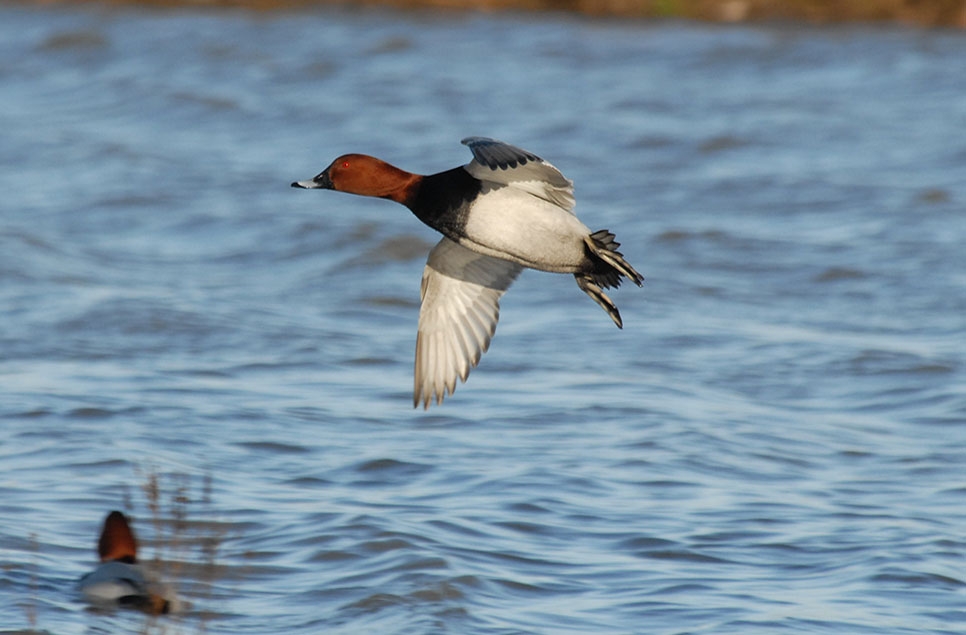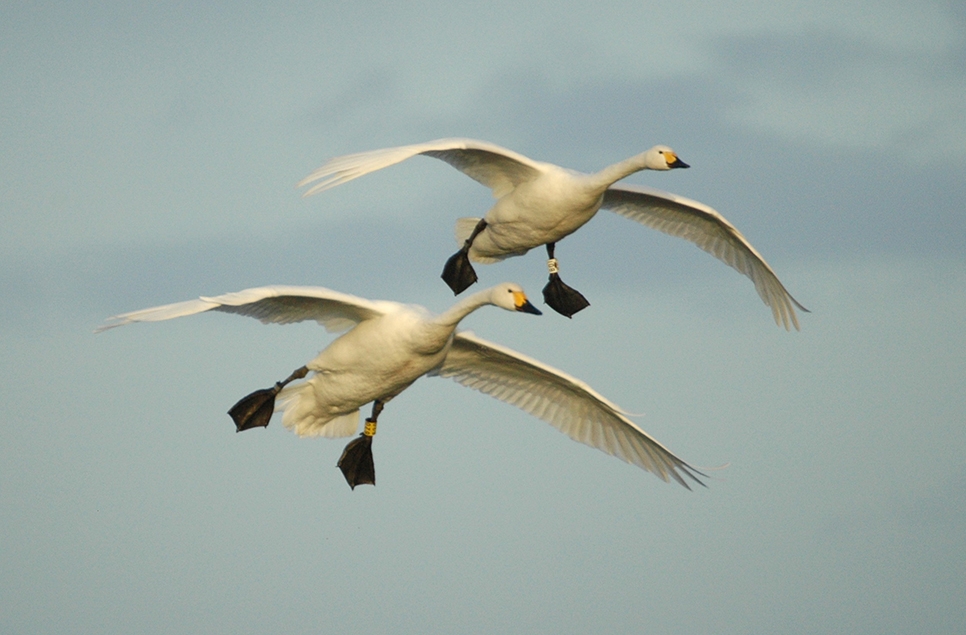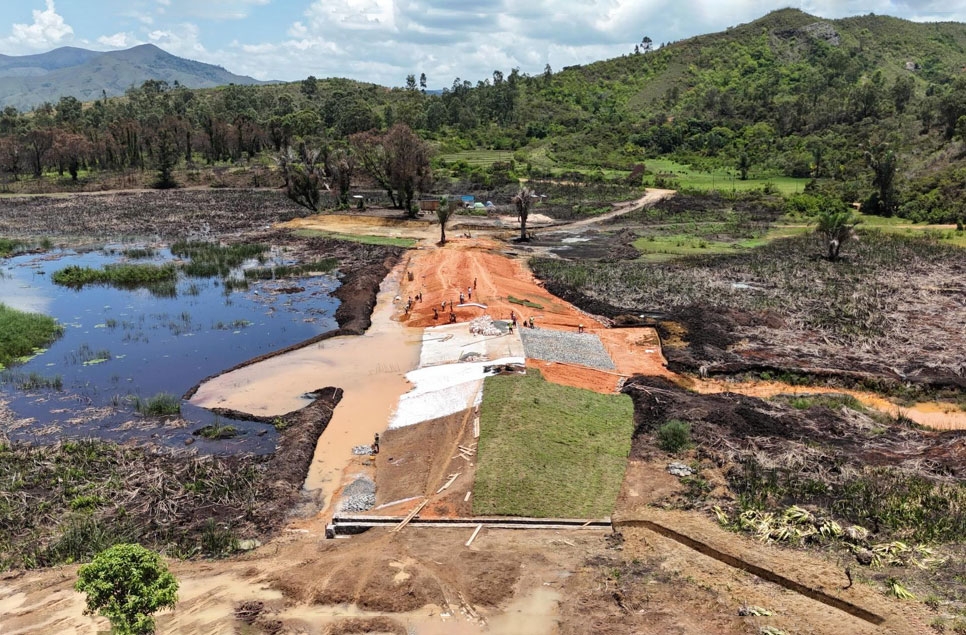Strategic wetland restoration could unlock billions in benefits for people and nature
Spending just under £3 billion on creating and restoring wetlands around the UK in the next 27 years could yield at least £11 billion in benefits for society and the environment, new research has revealed.
New findings from WWT, the charity for wetlands and wildlife, and environmental economics consultancy eftec, showed that spending £109m annually over the next 27 years on new or restored wetlands, like re-wiggled rivers or re-established saltmarshes, could reap serious rewards.
Looking at where wetlands would provide the most value to people and nature, WWT has mapped out 100,000 hectares of “wetland potential” around the UK, slightly larger than the total area of Dartmoor National Park.
Commenting on the findings WWT’s Chief Executive Sarah Fowler said:
“By mapping the most promising areas for wetland restoration around the UK and estimating the total value of benefits they can bring to society, we want to show how much more these habitats could do for the UK.
“Wetlands are a superpowered habitats. They help to; boost our moods, store carbon, purify and clean up our water, and provide homes for 40% of the world’s species. We also know that creating and reintroducing them to our landscapes is a cost-effective way to tackle some of the more pressing crises facing the country right now.
“By the 2050s, annual economic losses from coastal and river flooding in England and Wales alone could be as high as £6.8 billion. Wetlands deliver up to £9 of benefit per £1 spent, giving some of the best value for money out of any nature-based solution.”
The values WWT and eftec have published today are arrived at by estimating how much strategically placed wetlands could benefit people across the country by; improving the nation's water quality, shoring up flood defences, storing carbon, and boosting health and wellbeing through time spent in nature.
Within the 100,000 hectare total, 25,000 hectares are focused on just one of these four different themes. They would add even more value if the other areas were considered as well.
Julie Foley, Director of Flood Risk Strategy and National Adaptation at the Environment Agency, said:
“Wetlands play a critical role in helping slow the flow of water during heavy rain and creating more climate resilient places. That’s alongside providing habitats for wildlife, green space for communities, and helping to improve air and water quality.
“We welcome the new wetland potential maps which highlight the significant benefits that wetland restoration could provide for people and nature.”



